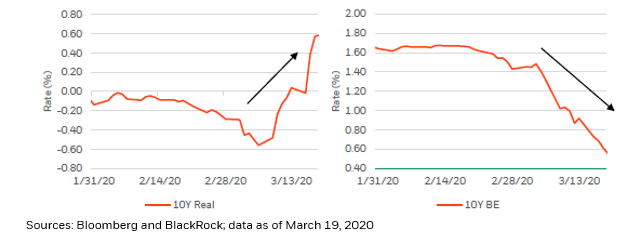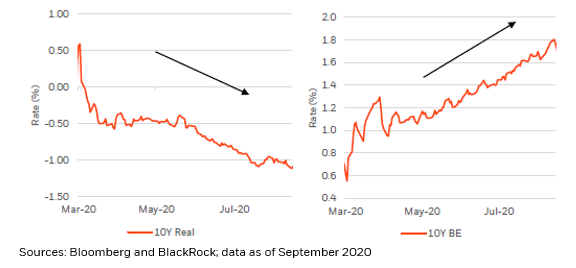
Great conversation with @MerrillLynch CIO Chris Hyzy, as part of their #MerrillPerspectives event. Some of the topics we discuss follow and the full conversation can be accessed here: ml.com/2021-midyear-e…
On the #market lessons stemming from the pandemic, I suggested that- stepping back- while a lot has been thrown at the #economy and markets over the past 30 years, in every case the #policy response has been critical to evaluate in judging the ultimate impact: policy matters!
That said, we think there is an overestimation of the importance of exceedingly low #policy rate levels to the recovery but maintaining the stability and #liquidity of the financing #markets is critical, particularly at the top end of the capital stack.
Interestingly, some also underestimate the resilience and dynamism embedded within the U.S. economy, so aside from a possible resurgence of Covid, as variants proliferate, and slowing growth in China, my main concern at the moment is the complacency exhibited by markets.
On the @federalreserve’s next moves, we think the #Fed is in the process of pivoting policy accommodation, and we will see asset purchase #tapering announced by the end of this year and policy #rates could begin to move higher by the end of next year.
This potential, of course, has resulted in endless discussion in the media about the 2013 #TaperTantrum, which has resulted in some degree of consternation, but when examined closely, what real long-term harm did this event truly cause?
For instance, while the #LaborMarket has been slowly recovering today, when looking at the 2013 #tantrum, it didn’t show up in the #payroll figures in any notable manner. 

Further, the “Tantrum” didn’t slow the @ism Manufacturing PMI in any appreciable way either… 

Finally, despite all the handwringing, the largest #equity #market drawdown in 2013 (looking at the #SPX) was 5.6%, and the year represented one of the least volatile on record, with the index not touching its 200 day moving average for the longest stretch since 1997. 

All told, we think that overly aggressive #monetary and #fiscal policies today, if allowed to persist, could risk further distortions to market prices and potentially place at #risk the progress that’s been made in the recovery.
• • •
Missing some Tweet in this thread? You can try to
force a refresh









